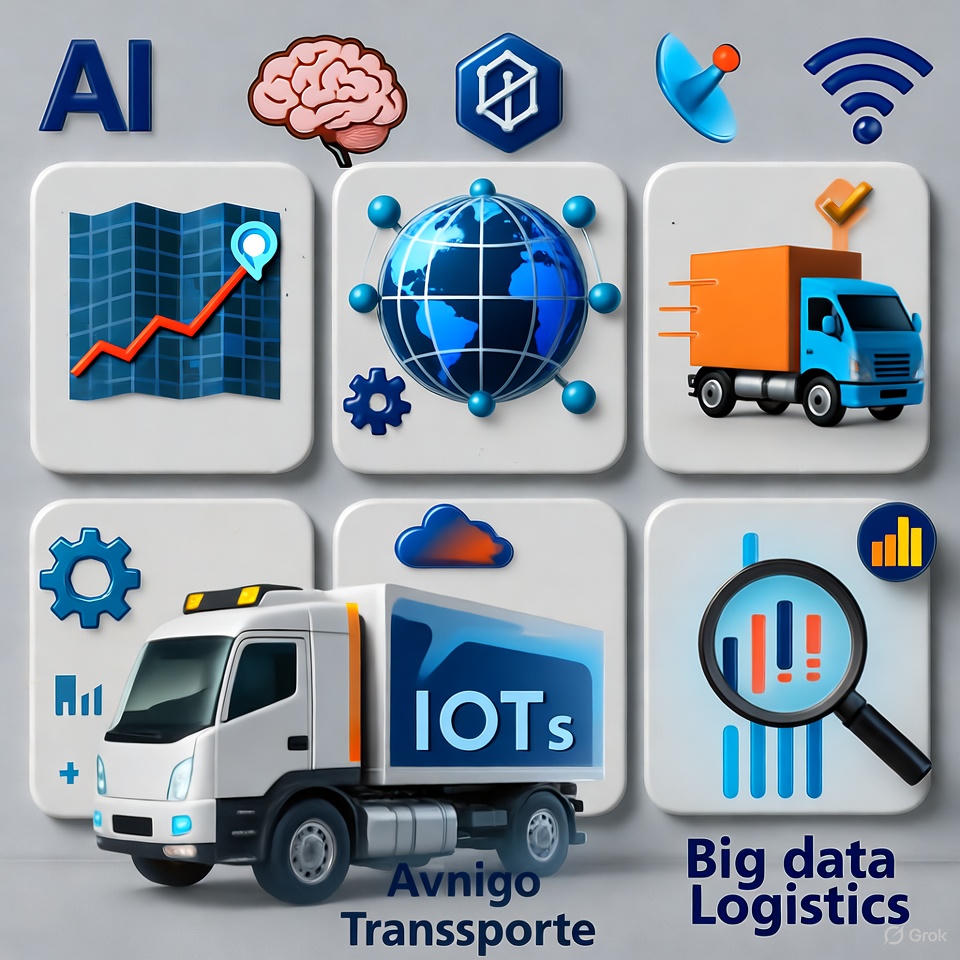ntroduction
Artificial intelligence (AI) is revolutionizing the logistics and shipping industry by optimizing supply chains. From forecasting demand to automating warehouses, AI enables faster, smarter operations. This post explores how AI is driving supply chain efficiency and its impact on the logistics landscape.
Main Content
How AI Powers Supply Chains
AI processes vast datasets to streamline logistics operations, making supply chains more agile and responsive.
- Predictive Analytics: AI forecasts demand with precision, reducing excess inventory.
- Route Optimization: Algorithms calculate the most efficient delivery paths, saving time and fuel.
- Real-Time Monitoring: AI tracks inventory and shipments, ensuring seamless operations.
Key Applications in Logistics
AI is transforming multiple logistics functions:
- Automated Warehousing: Robots in Amazon’s fulfillment centers handle sorting and packing.
- Predictive Maintenance: AI monitors vehicle health, preventing costly downtime.
- Customer Support: AI chatbots provide instant tracking updates and resolve queries.
Advantages of AI Integration
AI adoption delivers measurable benefits:
- Cost Reduction: Optimized processes cut expenses by up to 15%, according to McKinsey.
- Faster Operations: Real-time insights accelerate decision-making and deliveries.
- Sustainability: Efficient routing and inventory management lower emissions.
Implementation Challenges
AI adoption faces several hurdles:
- Initial Costs: Developing AI systems requires significant investment.
- Data Dependency: AI needs high-quality data, which smaller firms may lack.
- Workforce Transition: Automation may displace jobs, necessitating reskilling programs.
Conclusion
AI is a cornerstone of modern supply chain optimization, driving efficiency and sustainability in logistics. Despite challenges like costs and data requirements, its transformative potential is undeniable. As AI technology evolves, it will continue to shape a more responsive and cost-effective logistics industry.




Leave a Reply